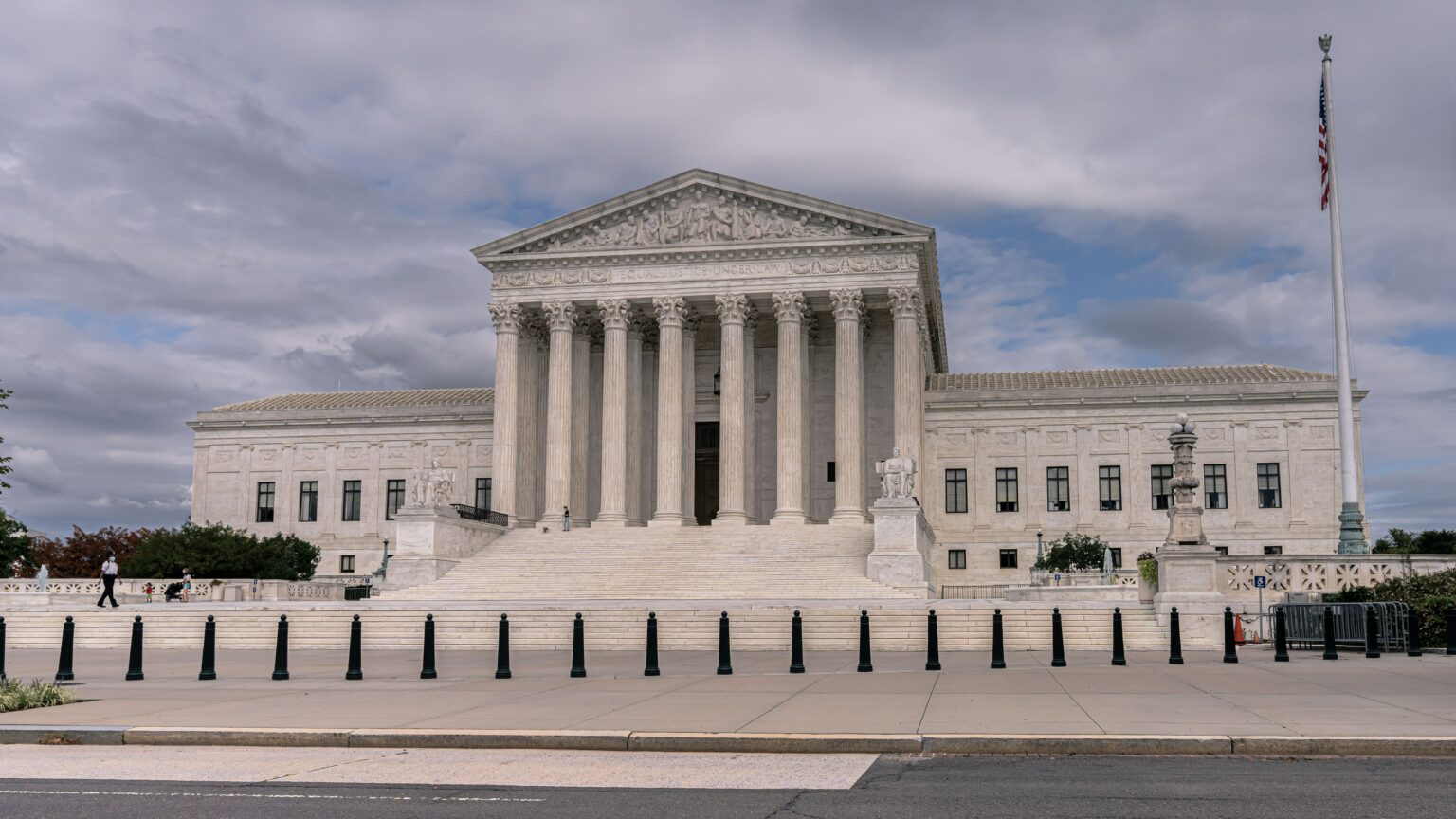The Supreme Court ruled Thursday to uphold a law that gives preference to the adoption and foster care of Native American children by their family members and tribes.
In a 7-2 decision, the Court left in place the 1978 Indian Child Welfare Act (ICWA) which seeks to remedy a past practice of removing Native American children from their homes by adoption agencies that had placed them with white families or in group settings.
While the regulation of child custody is primarily a state responsibility, “Congress’s power to legislate with respect to Indians is well established and broad,” wrote Justice Amy Coney Barrett in the majority opinion.
Justices Clarence Thomas and Samuel Alito dissented, with Alito saying the provisions of the ICWA have prioritized “what Congress believed is in the best interest of a tribe” over what may be determined as “the best interest of the child.”
Justice Barrett did concede that the “issues are complicated” in the legal challenge to the law which pitted a white foster couple from Texas against five tribes and the Department of the Interior in a battle over the adoption of one Native American child.
“But,” Barrett added in her opinion, “the bottom line is that we reject all of petitioners’ challenges to the statute, some on the merits and others for lack of standing.”
The tribes have asserted that they are political entities, not racial groups. They say that doing away with that distinction underpins tribal rights and could threaten nearly every aspect of Native American law and policy, including measures that govern access to land, water and gambling.


